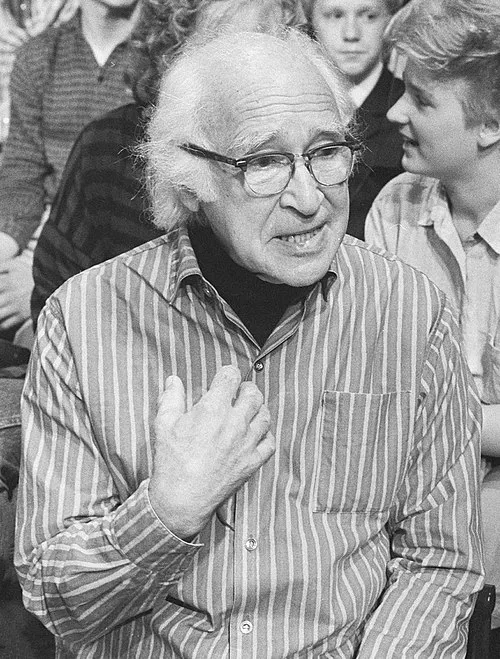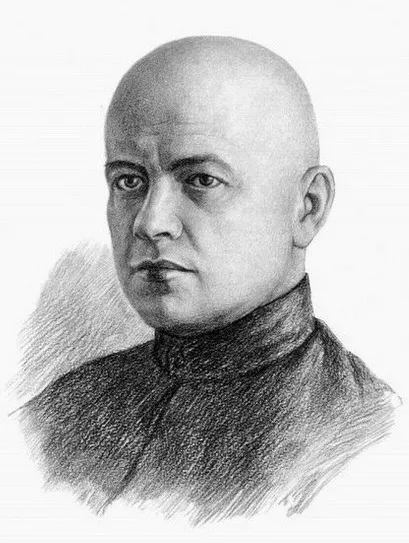
Name: Wilma Mankiller
Birth Year: 1945
Death Year: 2010
Nationality: American
Occupation: Tribal Chief
Significance: First female chief of the Cherokee Nation
1945 – Wilma Mankiller, American tribal chief (d. 2010)
Wilma Mankiller was born in 1945, but her story truly began long before she entered this world. Raised in a Cherokee community in Oklahoma, she was imbued with a deep sense of identity and belonging. However, her early years were marked by both promise and hardship her family faced significant challenges as they navigated the complexities of Native American life in mid-20th century America.
Perhaps it was this tumultuous backdrop that shaped her resilient spirit; despite the struggles surrounding her, young Wilma displayed an unwavering determination to uplift her community. As a child, she spent countless hours listening to stories from elders, tales rich with culture and history that fueled her passion for advocacy and leadership.
Ironically, at a time when many women were relegated to domestic roles, Wilma found herself drawn to activism while pursuing higher education at the University of California. She became increasingly aware of the inequalities faced by Indigenous peoples across the nation a realization that would drive her life's work. In 1969, she joined the occupation of Alcatraz Island as part of a movement advocating for Native rights; it was here that Mankiller’s fire was kindled further.
After returning from Alcatraz, Mankiller dedicated herself to community organizing within the Cherokee Nation. At just 24 years old, she initiated various programs aimed at improving health care services and economic opportunities for tribal members her passion igniting change where it mattered most.
The pivotal moment came in 1985 when she ascended to the role of principal chief of the Cherokee Nation the first woman ever elected to this position! This historic achievement shattered glass ceilings within Indigenous leadership structures and established new norms regarding women's capabilities in governance. Under her stewardship, tribal government underwent transformative reforms: budgets became more transparent; economic development flourished; education initiatives blossomed!
However, leading such an influential organization came with its challenges especially considering internal resistance from traditionalists who doubted a woman's place among them. Yet Mankiller stood firm! Her charisma drew support even among skeptics as she engaged them through dialogue rather than dismissive rhetoric.
Perhaps one could argue that her greatest strength lay not only in policy-making but also in human connection she understood people’s needs deeply because she'd lived their struggles firsthand! For every decision made during meetings filled with opposition or skepticism for every advancement pursued against all odds there existed an unyielding commitment toward amplifying voices often silenced.
Mankiller's leadership extended far beyond administrative duties; it inspired others across generations! A wave of female leaders emerged after witnessing what one determined woman could accomplish against societal norms and they took up their own causes rooted firmly within Indigenous identity…
In addition to reshaping local governance practices through enhanced accountability measures , Mankiller championed grassroots movements emphasizing sovereignty over culture preservation efforts throughout Oklahoma’s diverse tribes! The legacy weaved into fabric woven together over centuries reverberates still today!
Early Life and Background
Wilma Mankiller was born on March 18, 1945, in Tahlequah, Oklahoma, making her a member of the Cherokee Nation, the largest Native American tribe in the United States. Mankiller faced numerous challenges growing up in a time when Native American voices were often marginalized. Her early experiences with poverty and social injustice fueled her determination to advocate for her community.
Education and Early Activism
Wilma pursued higher education at the University of California, Berkeley, where she studied sociology and became actively involved in political activism. It was during the late 1960s and early 1970s that Mankiller co-founded the Americans for Indian Opportunity, an organization dedicated to empowering Native American peoples. Her efforts aimed to create opportunities and elevate the voices of Indigenous communities.
Leadership in the Cherokee Nation
In 1985, Mankiller was elected as the first female principal chief of the Cherokee Nation, a position she held until 1995. Her election marked a significant milestone in Native American leadership. During her tenure, she focused on self-governance, community development, and the restoration of tribal sovereignty. Under her guidance, the Cherokee Nation successfully implemented numerous programs that improved health care, education, and economic opportunities for its members.
Advocacy for Women's Rights
Mankiller was not only a leader within her own community but also a fierce advocate for women's rights. She emphasized the importance of including women in leadership roles and pushing for greater societal recognition of their contributions. Her belief in empowering Native women resonated deeply, leading many to view her as a role model and mentor.
Legacy and Recognition
Wilma Mankiller's significant impact on Native American leadership is recognized both nationally and internationally. She received numerous awards, including the prestigious National Woman of the Year title in 1985 from Ms. magazine. Mankiller's influential book, Every Day is a Good Day: Reflections by Contemporary Indigenous Women, further cemented her legacy in advocating for Indigenous rights.
Later Years and Death
After leaving office, Mankiller continued to lecture and write about issues affecting Native Americans. She was diagnosed with pancreatic cancer in 2010 and passed away on April 6, 2010, in her home in Adair County, Oklahoma. Her death marked the loss of an extraordinary leader whose contributions to Indigenous rights and community empowerment resonate to this day.
A Legacy Carried Forward
"Wilma taught us how important it is not just merely surviving but thriving!" recounted one tribal member during an interview reflecting on those days.












